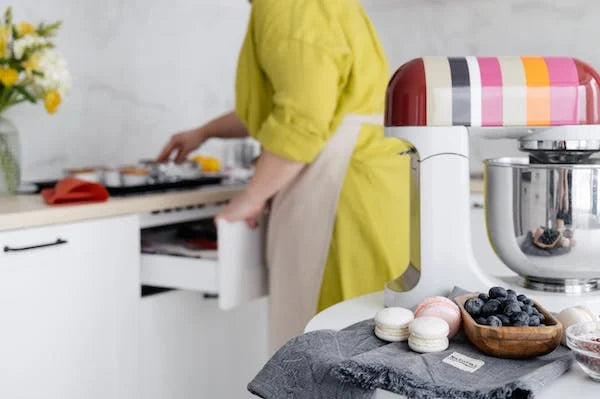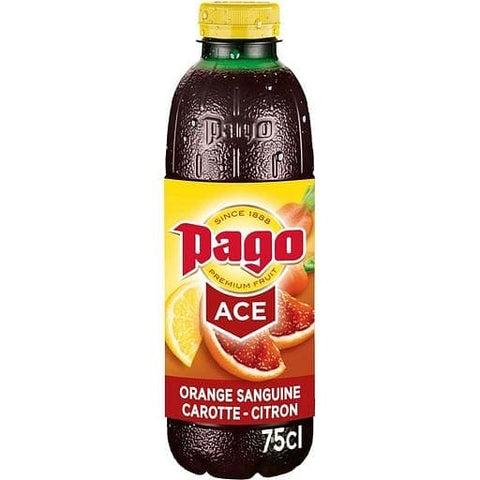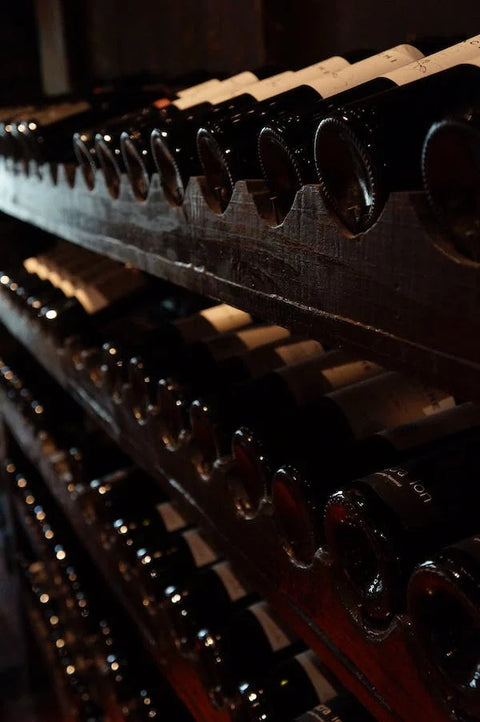The art of French baking is a world-renowned culinary tradition that has been refined and perfected over centuries. It encompasses a wide range of techniques and tips that are essential for creating the delicate and delicious pastries, bread, and desserts that France is famous for. From the flaky croissants to the decadent macarons, French baking requires a meticulous attention to detail and a deep understanding of the science behind the ingredients. Whether you are a professional baker or a home cook, mastering the art of French baking can be a truly rewarding experience that will impress your guests and elevate your culinary skills to a new level.
-
Use high-quality ingredients: French baking relies on simple ingredients, but the quality of those ingredients is key to achieving great results. Use high-quality butter, flour, eggs, and sugar for the best flavor and texture.
-
Measure ingredients carefully: French baking requires precise measurements, so invest in a kitchen scale and measure your ingredients in grams rather than cups or tablespoons.
-
Use the correct flour: Different types of flour are used for different types of French baked goods. For example, all-purpose flour is used for croissants, while bread flour is used for baguettes. Make sure to use the correct type of flour for your recipe.
-
Knead dough thoroughly: Kneading dough thoroughly is important for developing gluten and creating a light, airy texture. Use a stand mixer with a dough hook attachment or knead by hand for 10-15 minutes.
-
Use a baking stone: A baking stone can help create a crispy crust on bread and pastries. Preheat the stone in the oven before baking and sprinkle it with cornmeal or flour to prevent sticking.
-
Proof dough correctly: Proofing dough (allowing it to rise) is a crucial step in French baking. Make sure to proof your dough in a warm, draft-free place for the recommended amount of time.
-
Bake at the correct temperature: French baking requires precise baking temperatures. Make sure to preheat your oven and bake your goods at the correct temperature for the recommended amount of time.
-
Use a pastry bag: A pastry bag can help you create beautiful, precise shapes for pastries such as éclairs and macarons. Practice using a pastry bag with a variety of tips to create different shapes and designs.
-
Rest dough properly: Resting dough is important for French baking. It allows the dough to relax and develop flavor. For example, croissant dough is rested several times during the process to ensure the perfect flaky texture.
-
Use a thermometer: Temperature is crucial in French baking, especially when it comes to bread and pastries. Use a digital thermometer to check the temperature of the dough or the oven to ensure that everything is at the right temperature.
-
Use parchment paper: Parchment paper is a great tool for French baking. It prevents sticking and makes cleanup easier. Use it to line baking sheets and cake pans.
-
Decorate with precision: French desserts are often beautifully decorated with intricate details. Use tools like stencils, cookie cutters, and piping tips to create elegant designs and decorations.
-
Understand the chemistry: French baking is a science as much as an art. Understanding the chemistry of ingredients like yeast, butter, and sugar can help you troubleshoot issues and achieve better results.
-
Experiment with flavors: French baking is known for its classic flavors like vanilla, chocolate, and almond, but don't be afraid to experiment with new flavors and ingredients. Try adding lavender, matcha, or other unique flavors to your desserts.
-
Be patient with macarons: Macarons are notoriously finicky and can be difficult to get right. Practice your technique and don't get discouraged if your first few batches don't turn out perfectly.
-
Embrace imperfection: French baking is all about perfection, but don't be afraid to embrace imperfection. A slightly uneven croissant or a rustic-looking tart can be just as delicious as a perfectly formed pastry.
-
Enjoy the process: French baking can be challenging, but it's also a rewarding and enjoyable process. Don't get too caught up in perfection and remember to have fun and enjoy the process.
The art of French baking is an essential component of the culinary world. It requires a mastery of both technique and creativity, and the ability to balance tradition with innovation. Whether you are looking to perfect your croissant recipe or trying your hand at a classic French dessert, understanding the techniques and tips of French baking will undoubtedly improve your skills in the kitchen. So why not embrace the elegance and sophistication of French cuisine, and explore the art of French baking for yourself? With dedication and practice, you too can create masterful pastries and desserts that will impress even the most discerning palates.




